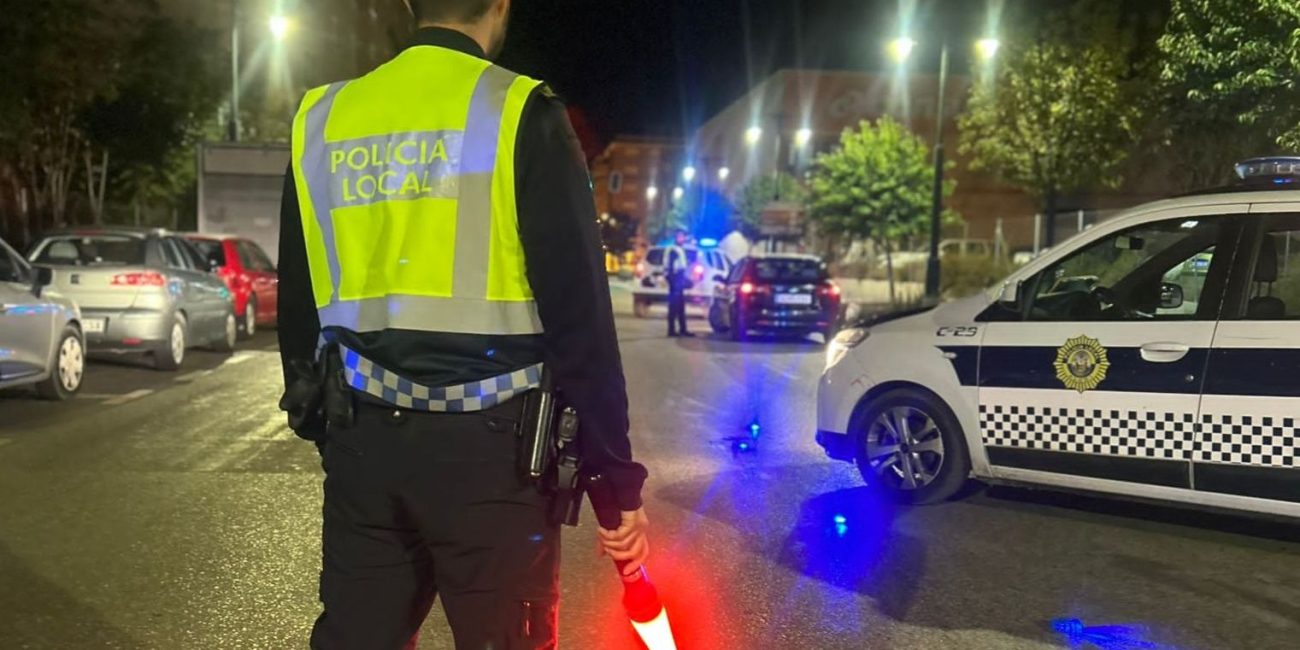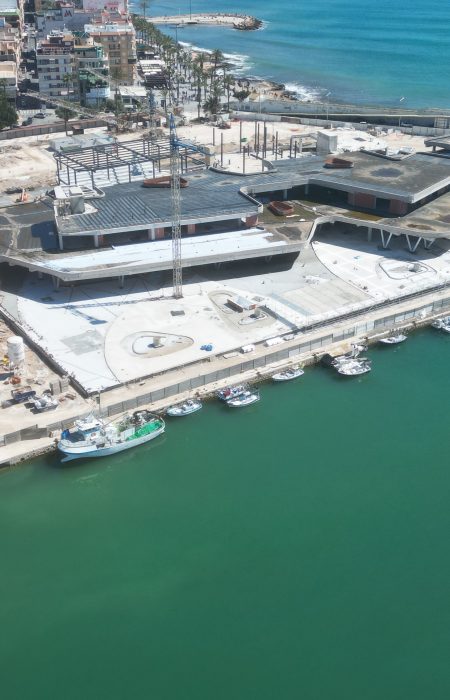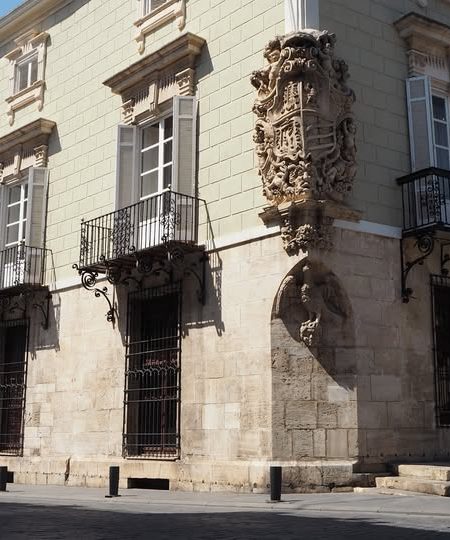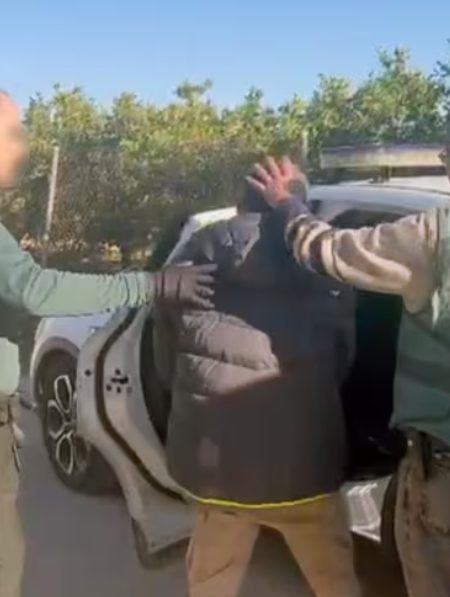This summer, the Local Police of Alcoy (Alicante) identified 30 people driving under the influence of alcohol or drugs, four of whom were involved in the use of narcotic substances.
In terms of alcohol, 26 drivers tested positive in breathalyser tests, with 16 being reported administratively for exceeding the permitted level of 0.25 milligrammes per litre (mg/l) but not exceeding 0.60 mg/l, and ten resulting in criminal reports for exceeding 0.60 mg/l in exhaled air, which is more than double the legal limit.
According to an Alcoy City Council statement, six of these occurrences involved drivers in traffic accidents, nine were caused by significant traffic offences, and the rest were routine and particular breathalyser checkpoints.
Similarly, from July 14th to 21st, the Alcoy Local Police conducted over 500 tests as part of a national program launched by the General Directorate of Traffic (DGT), in which towns with more than 25,000 residents took part.
In this context, the punishments for criminal crimes include prison terms of three to six months, community service of 30 to 90 days, or fines of six to twelve months, as well as the suspension of a driver’s license for one to four years.
According to the DGT (Directorate-General for Traffic), driving under the influence of alcohol raises the probability of an accident by two to fifteen times, worsening both death and injury severity. Furthermore, drivers who use substances including cannabis, cocaine, amphetamines, and methamphetamines exhibit “recurrent and high-risk” behaviour.
Raül Llopis, Councillor for Safety on the Alcoy Council, emphasised that “driving under the influence of alcohol or drugs is dangerous for both the driver and their passengers and pedestrians.” “With these campaigns, we aim to raise public awareness and prevent risks that put lives at risk,” according to him.
According to Llopis, “the Alcoy Council will always adhere to the DGT’s initiatives, regardless of the date,” especially because “it has been proven that even during periods with fewer people in the city due to vacations, very serious crimes occur that cannot be tolerated.”
This measure is part of the Spanish Road Safety Strategy 2030, which advocates a “zero tolerance” approach for unsafe behaviour on roads and in cities, according to the city council.









No Comment! Be the first one.